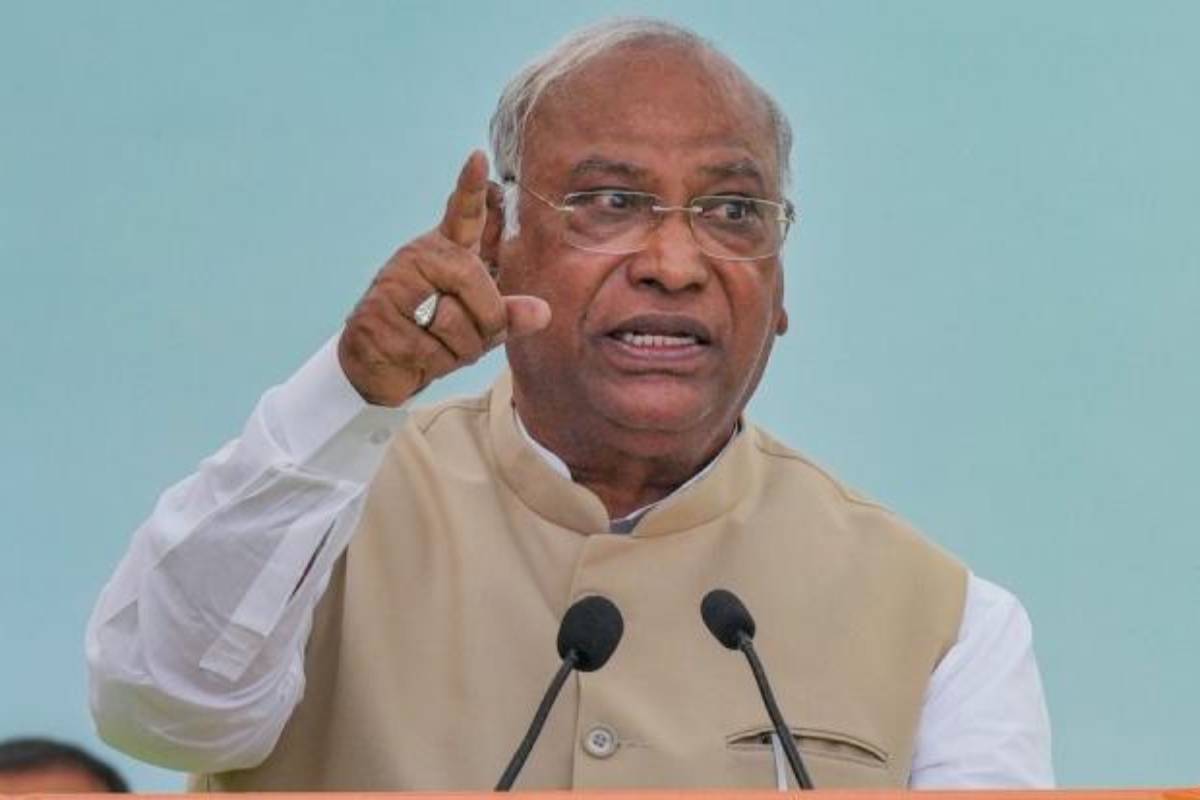Kerala Cong (J) MP backtracks from statement on supporting Waqf Bill
Kerala Congress (J) MP, Francis George on Thursday clarified that he had never said anywhere that he would support the Waqf Amendment Bill in Parliament .
In a letter to Vice-President of India Jagdeep Dhankar, the Congress president said, “Any criticism of policies and decisions of government and their fallouts cannot be construed as the allegation against any individual Member of House,” said Congress president.

File photo
Leader of Opposition in the Rajya Sabha Mallikarjun Kharge on Thursday wrote a letter to the chairman of the House Jagdeep Dhankar, saying “any criticism of policies and decisions of government and their fallouts cannot be construed as the allegation against any individual Member of House.”
Kharge said the institution of Parliament of India is a platform to fix the accountability of the Executive.
Advertisement
“This necessitates that the policies and the decisions of the government are discussed, dissected and debated on the floor of the House,” the Congress party chief said in the letter which comes in the wake of a debate on the discussion on the Motion of Thanks to the President’s address in the Rajya Sabha on February 8, 2023, in which directions were given by the Chair to authenticate six observations made by Kharge during the course of his speech.
Advertisement
Kharge said that MPs have freedom of speech and he did not make any personal allegations.
In his letter, the Congress party chief said, “Rule 238A of ‘Rules of Procedure and Conduct of Business in the Council of States’ stipulates that ‘the Chairman may at any time prohibit any Member from making any such allegation if he is of the opinion that such allegation is derogatory to the dignity of the Council or that no public interest is served by making such allegation.’
“Further, read with Rule 238, the term allegation refers to a matter of fact on which a judicial decision is pending; or refers to making a personal charge.”
“Besides, any criticism of the government, its policies and their impact, can never be equated with the ‘dignity of the Council’. Further, it is difficult to fathom that in a parliamentary democracy, no public interest is served by criticism of policies and their consequences,” Kharge said.
The Congress party chief said Article 105 of the Constitution of India guarantees freedom of speech to the Members of Parliament. In consonance with this constitutional guarantee and rules of the House, a member is only required to authenticate any document that he lays on the table of the House. There is no convention or provision of authentication of points made in a speech on the floor of the House. Any direction or rule of the House cannot subvert the constitutional guarantee of the freedom of speech.
“In view of the above, there was no personal charge in any of my submissions, as defined by the rules and conventions of the House,” he said.
Kharge said it would be an inversion of the system of governance, if the Opposition members are expected to carry out a complete investigation, gather evidence and then raise the matter on the floor of the House.
“The arrangement, as I understand, is that the Opposition member, or any private member, raises issues on the basis of inputs from media, reports in public domain, or even confidential personal information. The member, after due diligence, draws the attention of the House to such issues and it is incumbent upon the Government to investigate the matter and take appropriate action in consonance with the law of the land.”
“I urge you to kindly look into the provisions of rules and conventions of the House and defend Members’ rights and privileges on the floor of the House,” he said.
Advertisement